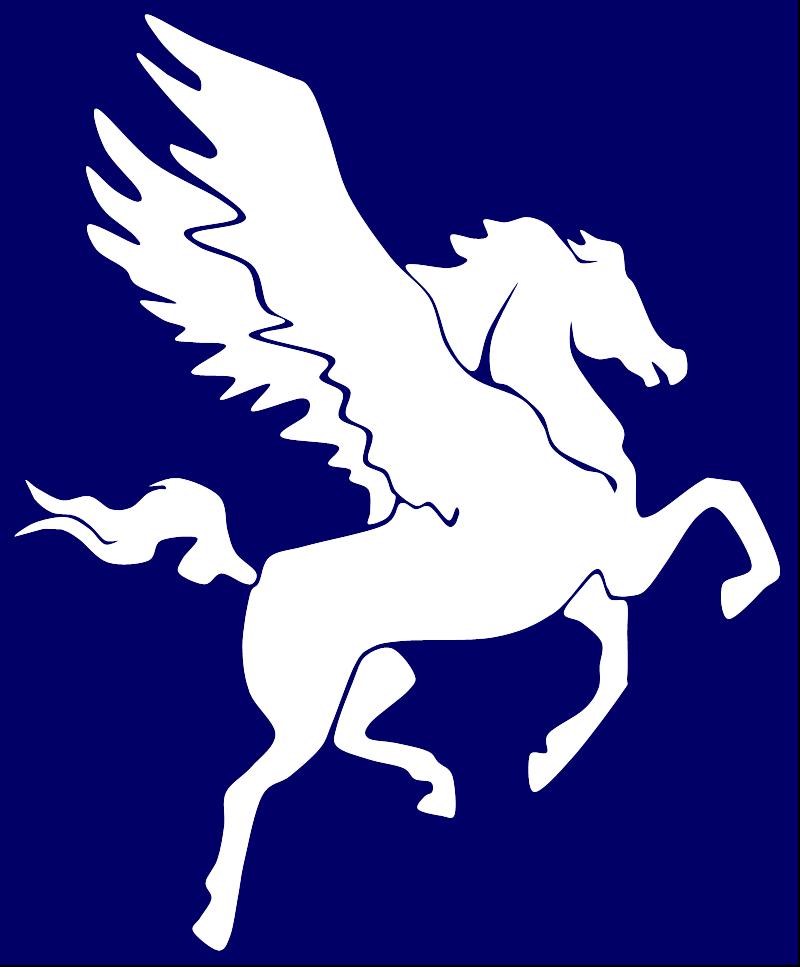Passover - April 12 -20, 2006

Passover (Hebrew: פסח; transliterated as Pesach or Pesah), also called חג המצות (Chag HaMatzot - Festival of Matzot) is a Jewish holiday beginning on the 15th day of Nisan, which falls in the early spring and commemorates the Exodus and freedom of the Israelites from ancient Egypt. Passover marks the "birth" of the Jewish nation, as the Jews were freed from being slaves of Pharaoh and allowed to become servants of God instead.
Together with Sukkot and Shavuot, Passover is one of the three pilgrim festivals (Shalosh Regalim) during which the entire Jewish populace made a pilgrimage to Jerusalem in the days of the Holy Temple.
In Israel, Passover is a 7-day holiday, with the first and last days celebrated as a full festival (involving abstention from work, special prayer services and holiday meals). Outside Israel, the holiday is celebrated for 8 days, with the first two days and last two days celebrated as full festivals. The intervening days are known as Chol HaMoed (festival weekdays).
The primary symbol of Passover is the matzo, a flat, unleavened bread which recalls the bread that the Israelites ate after their hasty departure from Egypt. According to Halakha, this bread is made from a dough of flour and water only, which has not been allowed to rise for more than 18–22 minutes. Many Jews observe the positive Torah commandment of eating matzo on the first night, as well as the Torah prohibition against eating or owning any leavened products — such as bread, cake, cookies, or pasta (anything whose dough has been mixed with a leavening agent or which has been left to rise more than 18–22 minutes) — for the duration of the holiday.


0 Comments:
Post a Comment
<< Home